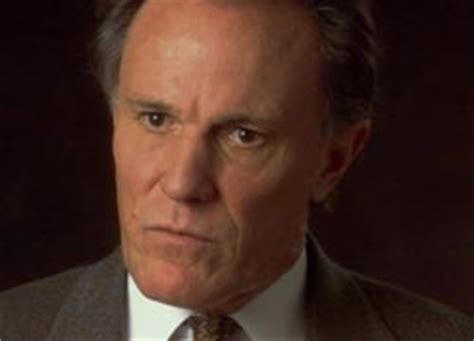A Quote by John Rawls
People can make arguments from the Bible if they want to. But I want them to see that they should also give arguments that all reasonable citizens might agree to.
Related Quotes
Scientists and theologians can’t offer better than circular arguments, because there are no other kinds of arguments. Bible believers quote the Bible, and scientists quote other scientists. How do either scientists or theologians answer this question about the accuracy of their conclusions: “In reference to what?
When confronted with two courses of action I jot down on a piece of paper all the arguments in favor of each one, then on the opposite side I write the arguments against each one. Then by weighing the arguments pro and con and cancelling them out, one against the other, I take the course indicated by what remains.
Instead of creating aesthetically pleasing prose, you have to dig into a product or service, uncover the reasons why consumers would want to buy the product, and present those sales arguments in copy that is read, understood, and reacted to—copy that makes the arguments so convincingly the customer can’t help but want to buy the product being advertised.
A lot of times, candidates for office, especially incumbents, seem to get drawn into their opponents' arguments, and fighting on their turf, because you want to defend yourself. That's wrong. Fight on your own turf. Make them come to you. Make them explain why they don't agree with your position. I think that a lot of times, too many liberals, progressives, lose because they're afraid to really stand up for what they believe in.
Most of this film, however, is about interpretation - are these people terrorists or freedom fighters? Are they good or bad? Is cutting timber good or bad? And I don't feel like the answers to those questions are simple, so we don't try to answer them for the audience. I wanted to elicit the strongest - and most heartfelt - arguments from the characters in the film and let those arguments bang up against the strongest arguments of their opponents.




































